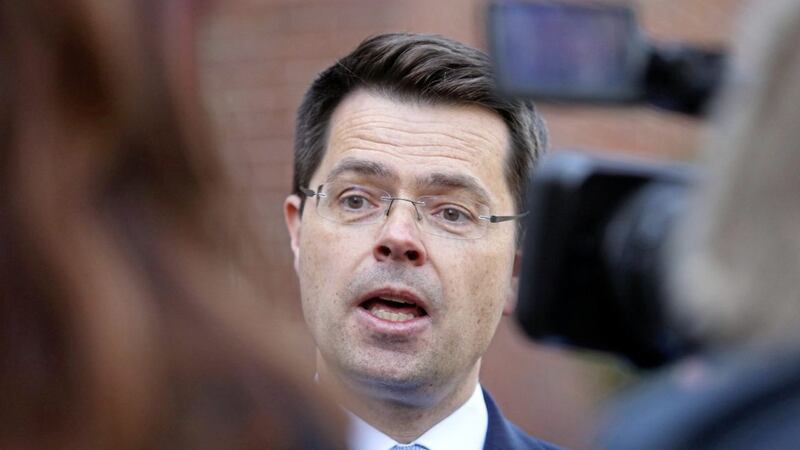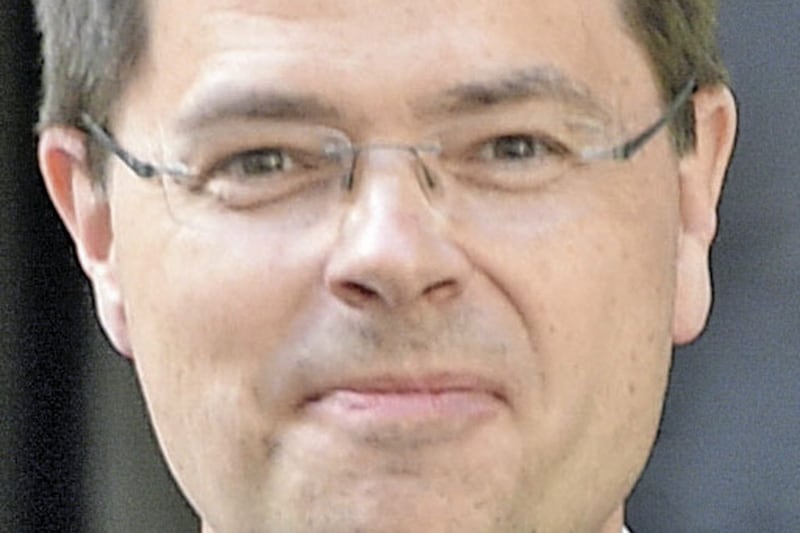THE secretary of state will to continue to seek a resolution to Stormont's deepening crisis even though Sinn Féin insists an election is inevitable.
James Brokenshire yesterday conceded there was a "high probability" of the north returning to the polls just 10 months after the last assembly election, but he insisted he would keep trying to avert a collapse of the devolved institutions.
Martin McGuinness's resignation on Monday left a week for Sinn Féin to nominate a replacement deputy first minister before the secretary of state is forced to trigger an election.
The DUP has signalled that it is willing to engage with its partners in government ahead of the deadline but Sinn Féin appears determined to fight an election.
Mr Brokenshire will be supported in his efforts to resolve the crisis by Taoiseach Enda Kenny and British Prime Minister Theresa May.
The two leaders had a 15-minute phone call on Tuesday night to discuss the latest developments at Stormont.
A spokesman for Mr Kenny said the pair agreed that the situation was "very serious" and that the two governments would be working in tandem over the coming days.
Mrs May confirmed yesterday that a snap election would be held if a deputy first minister cannot be found by Monday's deadline.
Speaking in Belfast, Mr Brokenshire warned that finding agreement would be harder on the other side of a divisive election.
"My focus is on the here and now, on what can be achieved now, on what opportunities there are, what the potential may be to bring people together, rather than see people be driven further apart," he said.
But Sinn Féin's Michelle O'Neill insisted the time for talking was over.
"We are not interested in trying to get into negotiations now – what we need is fundamental change," she said.
"We believe the public need to have their say."
Around the same time, Sinn Féin president Gerry Adams was addressing the media in Dublin and said: "We are always open for talks and we are always open to meet of course we are."
Ms O'Neill later clarified the Sinn Féin position, saying the party was "always open to talks".
"We are the party of dialogue, however, on the basis of the conversation Gerry Adams had with the British secretary of state last night and the meeting we had with him this morning, and our last discussion with the DUP on Monday, I see no basis for credible negotiations this side of the election."
She said Sinn Féin had told Mr Brokenshire that "suspension of the institutions is not an option".
Ulster Unionist leader Mike Nesbitt said he believed the secretary of state understood that "an election is unavoidable".
He also said that direct rule was likely possibility should the DUP and Sinn Féin fail to reach agreement after an election.
"The crisis is not at the making of the other parties," Mr Nesbitt said.
"It is an illustration of the fact that the DUP and Sinn Féin, who've been at it for 10 years, have offered ultimate proof that they cannot work together."
SDLP leader Colum Eastwood repeated his call for joint authority in the event of a long-term suspension of the institutions.
He said there be no return to direct rule and that joint authority was the only "acceptable position for the nationalist community".







